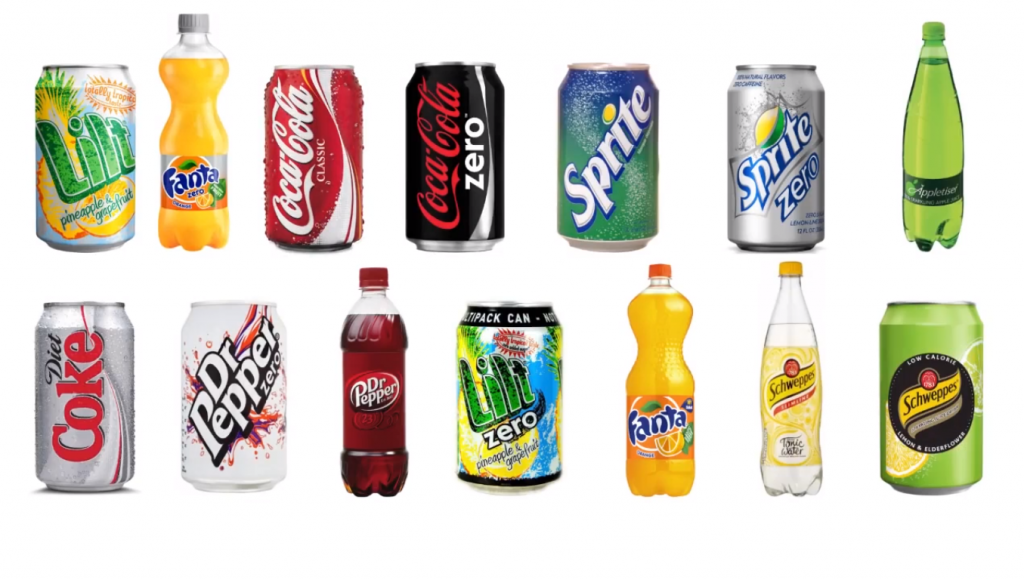
Applications and Solutions For The Food and Beverage Industry
Food and Beverage
producers demand very high purity in the water and many times the water supply from local sources needs further treatment. Activated carbons possess a diverse range of pore properties that are perfect for adsorption of numerous chemical compounds. Adsorption is the primary mechanism by which activated charcoal or activated carbon works and the primary reason it is widely used to reduce undesirable taste, odor and color and to improve the safety of beverage products.
Bottled Water
All of the chlorine must be removed before the water enters the filling and bottling process. The water must be constantly monitored to confirm that all of the chlorine has been removed by the activated carbon.
Edible Oil
For the treatment of edible oil and fats, powdered activated carbons are used in combination with bleaching to remove Polycyclic Aromatic Hydrocarbons.
Sweeteners
Focus to the declaration and purification of liquid sugars obtained for instance from cane sugars, fructose, lactose or others. The intensity of color will guide the customer in choosing an adequate product. In general, steam activated carbons will only be suitable for light colored solutions. Chemically activated carbons will suit to darker syrups.
Gelatin
Activated carbon for the processing of gelatin works similar. Here, apart from decolorization, it additionally is necessary to remove flavorings. Due to the discontinuous procedure typically used for this, increasingly powdered activated carbons are applied.

